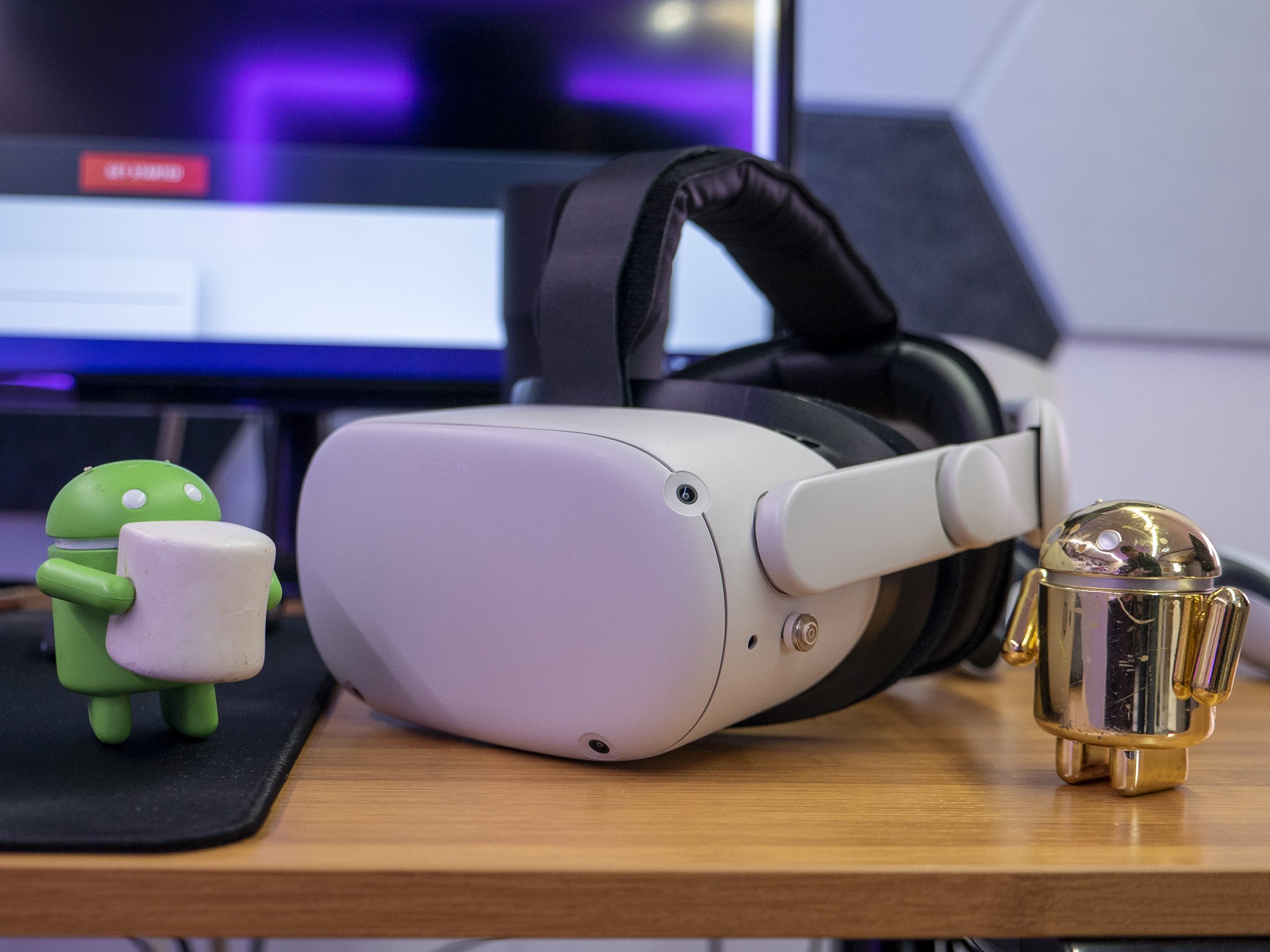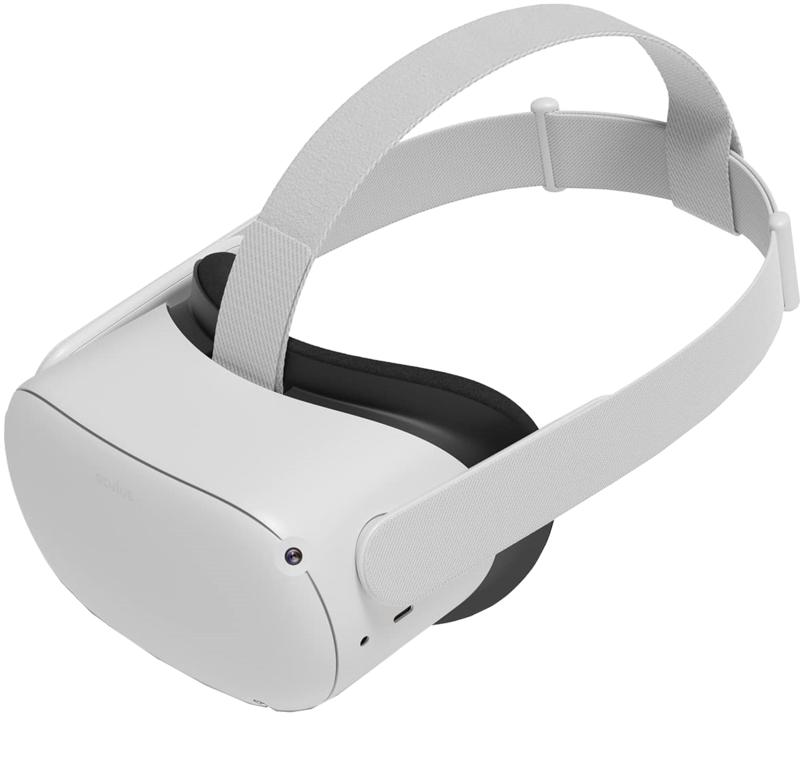Meta abandons its own Oculus Quest OS in favor of Android. For now, at least

Get the latest news from Android Central, your trusted companion in the world of Android
You are now subscribed
Your newsletter sign-up was successful
What you need to know
- Meta has reportedly ceased development on its own combined AR/VR internal operating system project, dubbed XROS.
- The report says that hundreds of employees had been working on the OS for years, bringing Meta's development strategy into question.
- The Meta Quest and Meta Quest 2 currently run Android, and it's likely future Quest headsets will also continue to run Google's OS.
Update: Meta responds.
For years now, Meta has been hard at work on its own operating system, with CEO Mark Zuckerberg regularly citing it as the way forward for the company as it continues to delve into the AR and VR space. Now, according to a report by The Information, via Ars Technica, Meta has decided that a fully in-house operating system for the Oculus Quest 2 and future AR glasses is not actually the best way forward.
According to the report, Meta had "hundreds of employees" working on the new XROS, as it was called, but will now pivot back to using existing operating systems — like Android, which currently runs on the Meta Quest and Meta Quest 2 — to power all future headsets like the Oculus Quest Pro. That operating system was being developed as a one-size-fits-all for its future XR devices, which would have provided the most efficient way for Meta to support its upcoming XR projects.
While this seems like a setback on the surface, there are several reasons why this could be a benefit for Meta.
Facebook's recent rebrand to Meta highlights the importance of the company developing its own unified XR — that's the combined term for Augmented, Mixed, and Virtual Reality — operating system but, given Android's ability to work on any type of hardware and its open-source nature, it's not terribly surprising to see Meta stick with what already works.
Given that Android already works well with Qualcomm chipsets — chipsets that power both generations of Meta Quest headsets and likely ones in the future — much of the groundwork has already been laid by Qualcomm and Google and, therefore, costs Meta less in the short run.
But relying on other companies to continue supporting the OS that runs on your own hardware can be a risky move, as we've seen from many devices where support has been dropped because the chipsets are no longer supported on a newer version of Android.
Get the latest news from Android Central, your trusted companion in the world of Android
Alternatively, a fully internally-developed OS would give Meta more control over how its products run, including the possibility of a more streamlined and efficient experience since the operating system would be purpose-built from the ground up for XR. It could also mean longer support for these devices since everything is controlled in-house.
We followed up with Meta and were directed to a Tweet sent out this afternoon by Gabriel Aul, vice president of Reality Labs Engineering at Meta.
Aul says that Meta is currently pursuing "several technical directions," including "a highly specialized OS for our devices." It's likely that the initial report referred to a single internal OS project that was canceled and that other projects have taken the lead in its stead.


